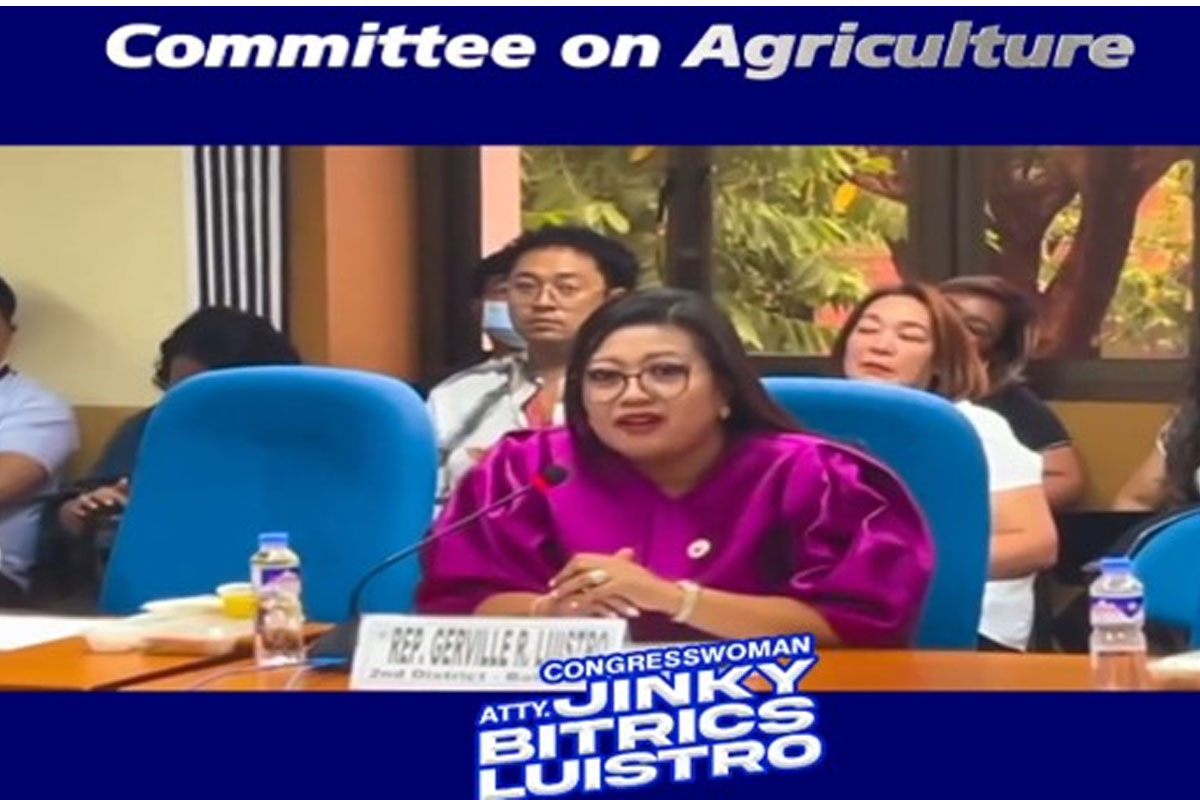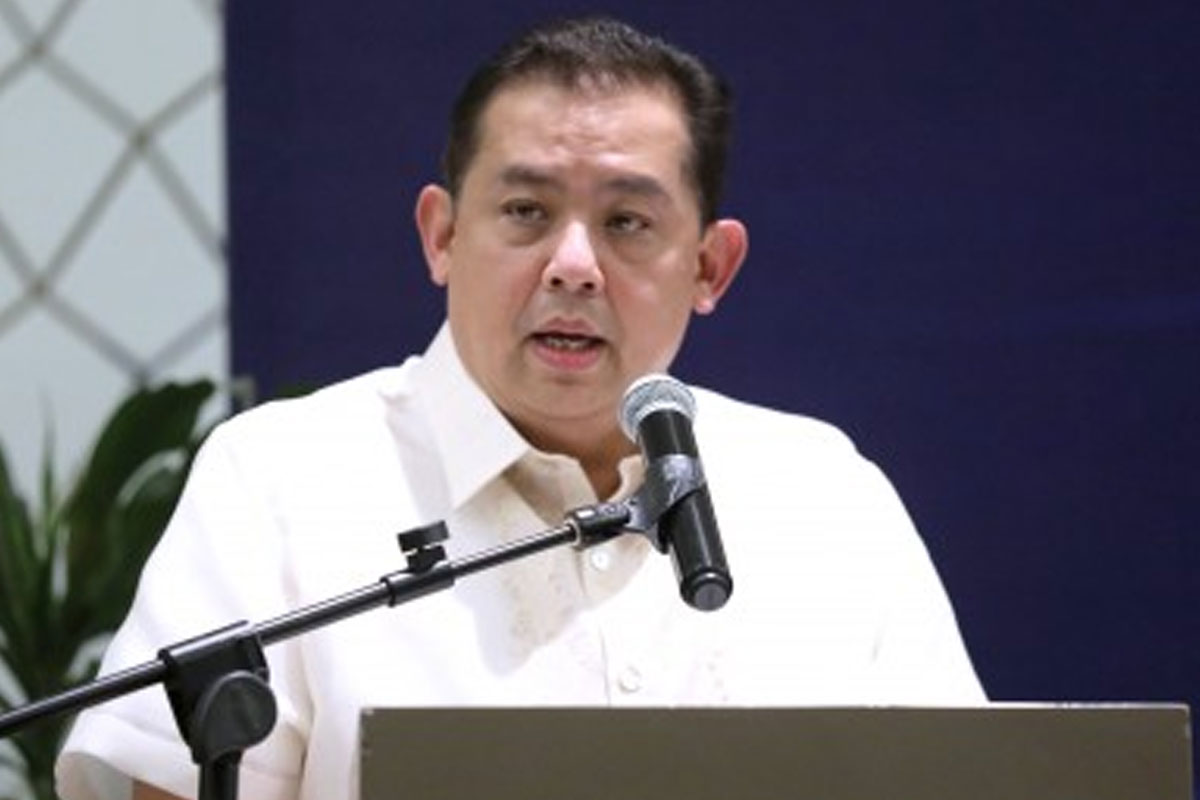
Roman urges Congress to complete CARP’s 2nd phase
A RANKING member of the House of Representatives asked her colleagues to immediately pass a measure that seeks to provide for the completion of the Comprehensive Agrarian Reform Program (CARP), instituting for the purpose its second phase, giving subsidy in the acquisition and distribution of agricultural lands to beneficiaries and appropriating funds therefor.
In House Bill (HB) No. 223 filed by Bataan 1st District Representative Geraldine Roman, Section 1 states that the second phase of the comprehensive agrarian reform program (CARP) shall be instituted, which includes the distribution of fully-subsidized agricultural lands to qualified agrarian reform beneficiaries and they are no longer required to pay any amortization for their awarded lands.
The beneficiaries shall benefit from the government subsidy to the extent of the unpaid amortization and interest charges which are due.
While the Constitution mandate on agrarian reform is clear, Roman, chairperson of the House Committee on Women and Gender Equality, said the government’s action is “not unambiguous.”
“The call of the times is not to end agrarian reform program. The challenge of times is to ensure its continuation as an integral component of our national development and social justice program. Mindful of the gaps and the inadequacies of the previous manner of program implementation, we commence the second phase of agrarian reform,” Roman said.
Under the bill, agrarian reform beneficiaries who have completely paid the 30-year amortization schedule and interest charges shall be given preference in the award of the new package of support service from the national government, which includes initial capital upon issuance of the Certificate of Land Ownership Award (CLOA) access to credit facilities and automatic qualification to various support service including availments for housing, education, and other loans.
Furthermore, the Department of Agrarian Reform (DAR) shall issue and serve the “Notice of Coverage” to all landowners or private agricultural lands whose ownership exceeds the five-hectare ceiling imposed by Section 6 of Republic Act (RA) 6657, otherwise known as the “Comprehensive Agrarian Reform Program Law of 1998,” as amended, including the distribution of individual CLOAs to agrarian reform beneficiaries, except to retention areas of landowners who exercised such right under Presidential Decree (PD) No. 27, entitled “Decreeing the Emancipation of Tenants from the Bondage of the Soil, Transferring to Them the Ownership of the Land They Till and Providing the Instruments and Mechanism Therefor,” which granted retention areas exceeding five hectares and to landholdings covered by ancestral domain titles and claims.
For the purposes of this Act, private lands which are over 18 percent in slope and re-devoted for agricultural development or whose agricultural activity exists are hereby classified as agricultural, alienable, and disposable and shall be placed under the coverage of the agrarian reform program.
Any issue, dispute, or controversy arising from the issuance of the “Notice of Coverage” shall be resolved by DAR subject to existing rules and regulations without prejudice to the continuation of the land acquisition and distribution process despite the pendency of any such issue, dispute, or controversy.
Roman said the ownership, use, and disposition of agricultural lands is not just a matter of property rights.
“It goes beyond agricultural productivity or food sufficiency. It is about social justice,” Roman said.
“The farmer beneficiary ends up as a mere stockholder subject to the manipulative control of the governing body of a hacienda corporation,” Roman said, adding that the farmer beneficiary is also vulnerable to the dictates of an agrarian reform cooperative.
“Agriculture continues to be one of the weakest links in our country. A higher incidence of poverty is prevalent in the farming sector, particularly among landless farmers and farm workers. Much has been said and done about the agrarian reform program in the Philippines. Much is still to be said. Much is still to be done,” Roman said.
Roman champions equal opportunity for all Filipinos. For her, equal opportunity is a “state of fairness in which individuals are treated similarly, unhampered by artificial barriers, prejudices or preferences, except when particular distinctions can be explicitly justified.”
Roman stands for advancement to be open to everybody without regard for wealth, status, or membership in a privileged group

















